In most cases, bacteria are associated with problems that occur in the human body, but there also exist ones which actually help the body carry out its functions normally and break down eaten food, absorbing it wholly. One of these types of beneficial bacteria are called probiotics.
The human digestive system is home to over an impressive 1 trillion bacteria, from more than 100 species. In a normal healthy individual, the good and dangerous bacteria are in balance but during infections, the intake of antibiotics, stress, alcohol and poor diet, the good bacteria begin to decrease, while the bad ones increase.
Probiotics are a class of good bacteria which aid digestive processes, improve and enhance inner microbial balance. The most well-known of them are bifidobacterium and lactic acid bacteria, which are used to make yoghurt and some other dairy foods.
3 of the most commonly used probiotics are Bifidobacterum bifidum, Lactobacillus acidophilus and Lactobacillus bulgaricus.
Probiotics containing bifidobacterium and lactobacillus have been used many years before Louis Pasteur isolated lactobacillus and the father of immunology Ilya Mechnikov defined the way in which probiotics functioned in his theory of intoxication, for which he was awarded the Nobel Prize. He managed to prove that the primary cause for aging was toxins and that consuming food containing lactobacillus helps to slow this process.
Benefits of Probiotics
The modern way of life, which includes a number of negative aspects, such as stress and unhealthy eating, pollutants and chemicals, as well as the frequent intake of pills alters the balance of gut flora and makes people much more susceptible to infections, weak immunity and metabolic disorders. This is where probiotics come in, being vitally important for a series of processes.
The benefits of probiotics can be subdivided into several categories - lowering cholesterol, control over metabolism and fixing high blood pressure.
Probiotics bolster the overall digestive processes, suppressing the propagation of harmful microorganisms in the digestive system. They prevent deficiency of group B vitamins, prevent and treat diarrhea, suppress decay processes in the intestines, stimulate the absorption of lactose in individuals who normally cannot.
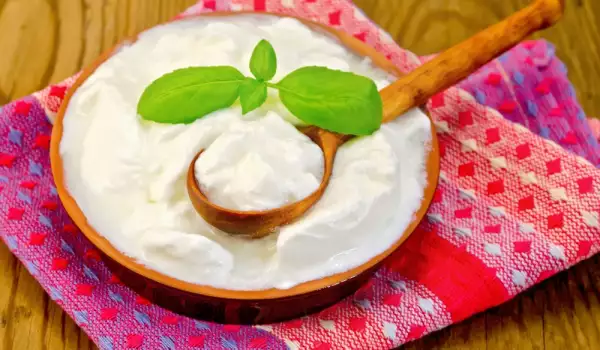
One very important effect of probiotics is the restoration of disrupted gut microflora as a result of the intake of antibiotics. They need to also taken while taking the drugs themselves, in order to keep the body healthy.
Probiotics decrease the risk of the onset of allergies, such as asthma, skin reactions, food allergies from milk. At the same time, they are very good for treating respiratory problems such as pneumonia, bronchitis and sinusitis.
Probiotics also have anticancerous properties - they decrease the risk of colon and bladder tumors, as well as risk of vaginal infections, cysts and urinary tract infections.
These beneficial bacteria not only protect the body from diseases and infections but also aid in the production of highly important substances, such as amino acids, group B vitamins, vitamin K and valuable enzymes, without which the break down of consumed food is impossible.
Probiotics help cleanse the body by neutralizing and removing accumulated pollutants from the body, such as waste products from metabolism or medicines taken, various sorts of heavy metals and cancerogenic substances.
Sources of Probiotics
The #1 spot on the list of foods which provide us probiotics is yoghurt. It contains the unique ingredient Lactobacillus, which empowers the stomach to deal with the myriad of negative effects. Pickles and sauerkraut are also rich in probiotics because they ferment naturally. But to preserve the probiotics in them, do not put any vinegar in the marinade; water and sea salt are sufficient.
The list of healthy foods with probiotics includes miso soup and kefir, feta cheese and cottage cheese. Pickles and olives are also abundant with the healthy bacteria but only if they do not contain sodium benzoate.
It is thought that bread made from white flour only impedes digestion but if made from sourdough, it becomes a real balsam for the stomach.
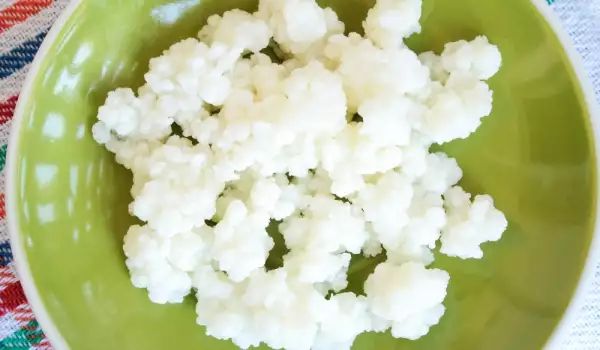
Probiotics can also be obtained in the form of food supplements. There are several forms available, the best being capsules. They release at just the right spot and have the strongest effect.
Another type of supplement is dried powders, which need to be dissolved in water and taken on an empty stomach. The cold water plays the role of activator of the beneficial bacteria, while the powder starts working while still in the mouth, before it even begins its journey through the digestive system.
The least recommended form of supplements is the liquid type because they are good only a short while after production and have little beneficial effect.
When talking about probiotics, there's no way we can neglect to mention the substances that maintain them - prebiotics. We can obtain the best source of them through consumption of bananas, honey, red wine, artichokes, legumes, fruits and wholegrain foods.
Deficiency of Probiotics
The main symptoms of probiotics deficiency in the body are expressed in digestive problems - indigestion, constipation, diarrhea, gas, nausea, stomach pains. It is possible for deficiency of these types of bacteria to cause lactose intolerance or intolerance to other foods, urinary tract infections or fungal infections.
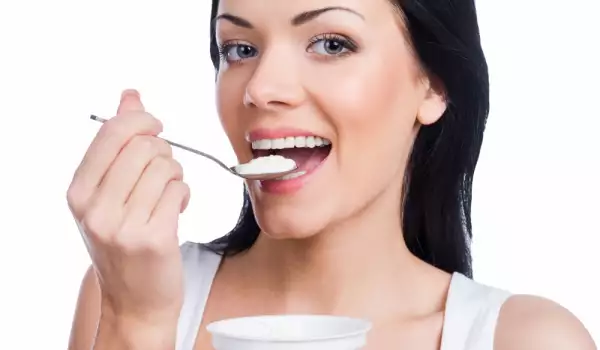
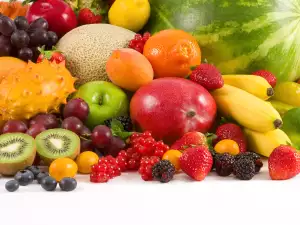

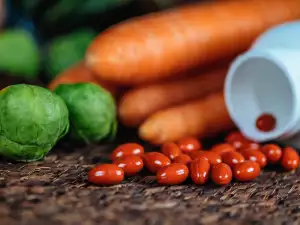
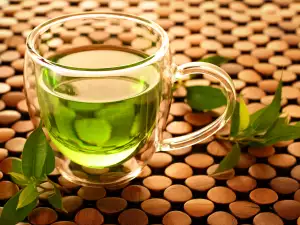
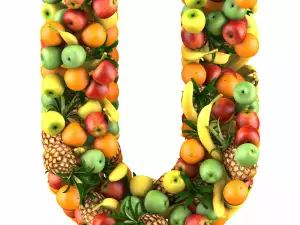

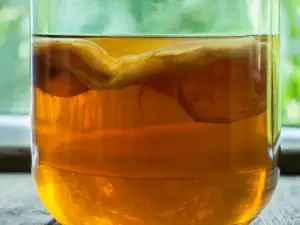









Comments